What’s the Trouble with Iowa?
Check in with the early Democratic Party elections
The electoral season is officially in full swing starting with the Iowa caucuses last Monday. Many observers are calling it the messiest and strangest Iowa caucuses ever. Pete Buttigieg barely came out on top with Bernie Sanders just at his heels, followed by Elizabeth Warren, Joe Biden, and finally Amy Klobuchar, and one week later, the results are still not official. Let’s break down what happened in Iowa and what this means for the upcoming New Hampshire primary this Tuesday. First, we need to understand what exactly is a caucus, what is a primary, and what they have to do with the election process.
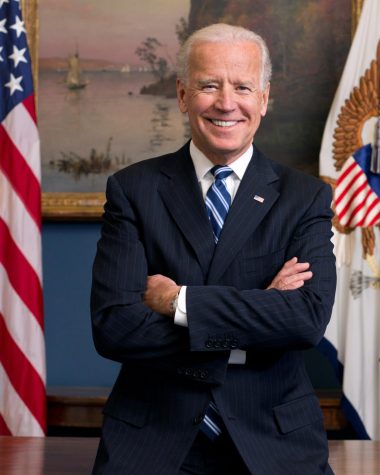
Primaries and caucuses are the mechanisms for deciding the presidential nominee for each party in November; they serve the same purpose but through different means. Each system determines the number of delegates candidates will have from that state to support them at the nominating conventions in the summer. Primaries are organized by the state and local governments and are the typical “go to the polls and vote” event, where the candidate with the most votes statewide wins, earning the most delegates to the nominating convention.

On the other hand, the political parties themselves run the caucuses, which are therefore private events. Voters will go to their respective precinct, where they will physically stand in groups associated with each candidate. Voters who stand with candidates who do not earn 15% or more of the caucus-goers must align with another candidate. This process can take up to several hours. Finally, each precinct will report its results to the state party office. These results determine the number of delegates pledged to each candidate for their national convention. At the national convention, held in July for Democrats, these delegates vote to choose the presidential candidate. Whichever candidate has the most delegates from the primaries will become the nominee for their party.
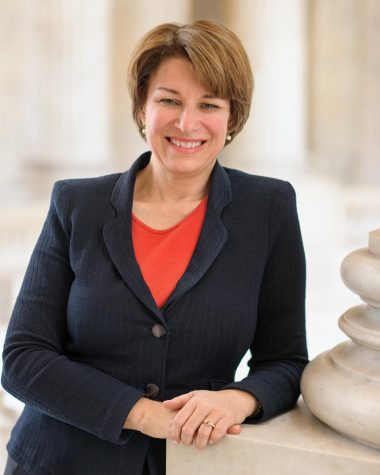
Senator Amy Klobuchar
The Democratic Party primary process began on Feb.3 and runs to mid-June. The Republican Party is also holding nominating events, but because the President is virtually unopposed, we will not be discussing those elections here. Some states hold caucuses, some hold primaries, and some hold both, it depends on state law. Here in New Mexico, we hold our primaries in mid-June. The exciting part about the primaries is that anything can happen; they are genuinely unpredictable.
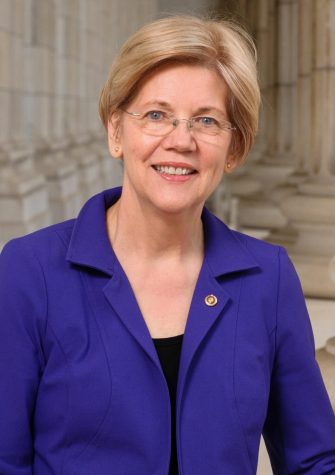
Senator Elizabeth Warren
The Iowa caucus is important because it is first, and offers the country an initial idea about how candidates might do in the primaries. Iowa tried something new this year; they introduced an app into the process for reporting results instead of phoning in the results like usual. The app failed to work properly, causing major confusion and prolonging the process, which, even at this writing, a week later, is not complete. A few hours into Monday’s caucuses, no results had come in, and people were starting to ask questions. The spokeswoman for the Iowa Democratic Party, Mandy McClure, issued a statement saying, “We found inconsistencies in the reporting of three sets of results. This is simply a reporting issue, the app did not go down, and this is not a hack or an intrusion.” This is not entirely accurate though. Questions had been raised earlier in the week about the app. The problem was the app was never tested on a state-wide scale, and not all precinct chairs were informed on how to use it. The system they were using transferred the data from the app into a second system, which then reported the data to the state office. Investigations found that this second system did not end up reporting all of the data. By the end of the night, still, no results had been reported, and eventually, candidates gave up and started delivering their speeches. Lack of official results didn’t stop Mayor Pete Buttigieg from declaring victory, saying, “tonight an impossible goal became an undeniable reality. We don’t know all the results, but we know by the time it’s all said and done, Iowa you have shocked the nation. Because by all indications we are going to New Hampshire victorious. “In the end, he did come out with the most votes, but just barely with 26.2% of votes, with Sanders just behind at 26.1%. Senator Warren came in third with 18%, Biden with 15.8%, and finally Klobuchar with 12.3%.
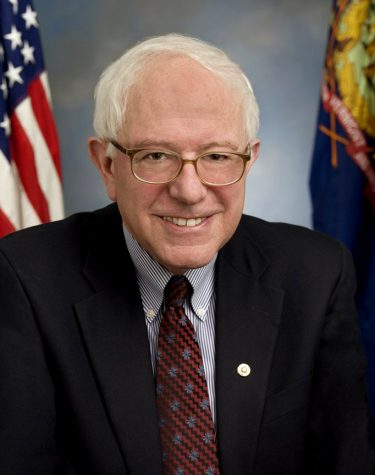
Senator Bernie Sanders
Most of the candidates had moved on from Iowa even before 100% of the results had been reported. They are now focusing on the upcoming New Hampshire primaries this Tuesday, Feb. 11 each of them with different plans for their race to victory. Former vice president Joe Biden is looking to New Hampshire for hope saying, “We took a gut punch in Iowa, the whole process took a gut punch. But look, this is not the first time I’ve been knocked down”. Senator Warren, hoping for a boost in a neighboring state, is framing herself as the unifier of the Democratic Party, saying she is the only one who can fight corruption in Washington. Mayor Buttigieg and Amy Klobuchar are focusing on climate change, which is one of the biggest issues for voters in New Hampshire. Bernie Sanders says he’s the only candidate who can beat Trump and is encouraging people to go vote saying democrats are going need historic turnout to win this one.
After New Hampshire, Nevada holds its caucuses on Feb. 22, followed by South Carolina on Feb. 29. Sixteen states hold nominating events on Super Tuesday, Mar. 3, at which point the democratic nominating picture should be much more clear.

Liliana Esparza is a senior and has been a writer for the advocate since February of last year. One of her strengths is her passion for things ranging...








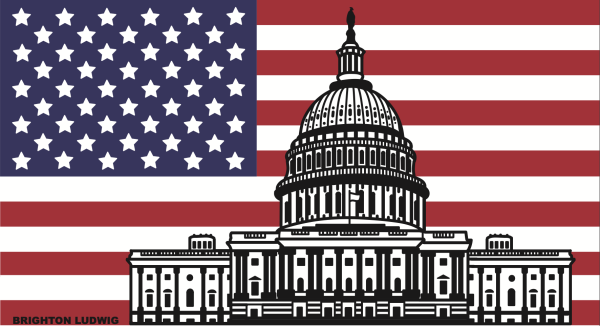
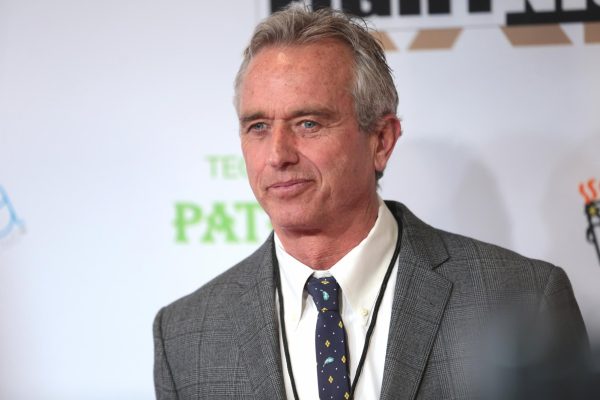
Jack Hubbard • Feb 10, 2020 at 3:05 pm
The democrats are not able to fix problems like what happed in the Iowa caucus because they do not have competent leaders or a competent party in general. If the democrats can not fix minor problems like this, then they are definitely not capable of running the country that President Trump has worked very hard to fix because of the problems left behind by Obama for hard working Americans to deal with. Trump 2020, Keep America Great!